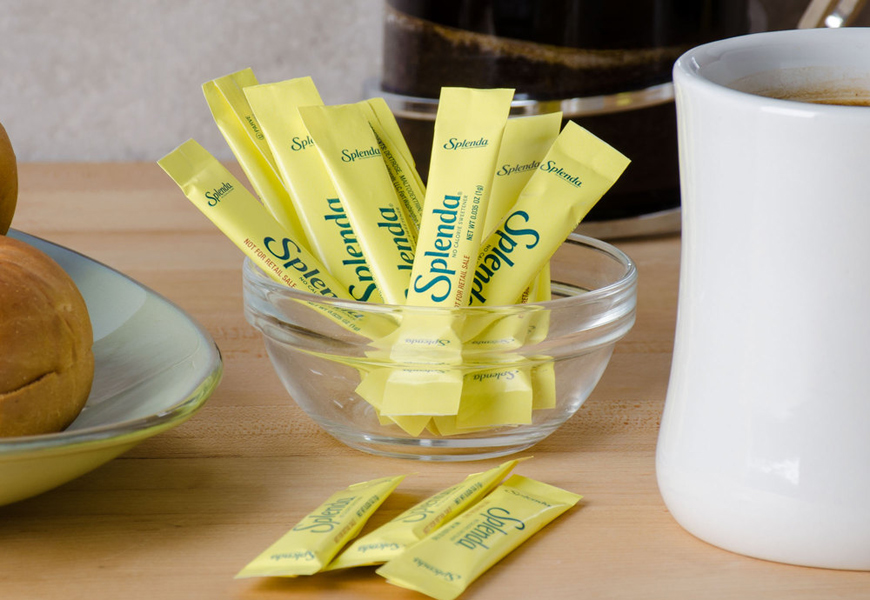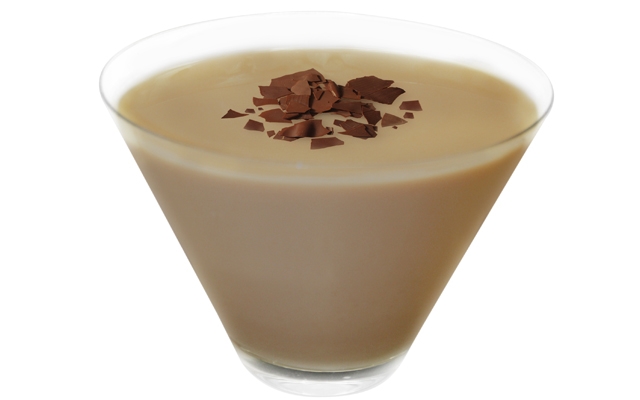It’s no secret that refined sugar is linked to many health problems. It’s tough on your teeth and liver. It’s a leading factor in the development of type 2 diabetes. And of course, you’re likely to see the results of a sugar-heavy diet any time you step on the scale. The stuff just isn’t good for you.
Knowing the dangers associated with refined sugar, many people look to alternative sweeteners. One of the most popular of these sugar alternatives, especially in the case of drinks like tea and coffee, is Splenda.
Unfortunately, however, Splenda may be just as bad for you, if not worse for you, than the sugar it aims to replace. According to a study published by the International Journal of Occupational and Environmental Health, sucralose, which is them main ingredient in Splenda, has been linked to leukaemia.
This study found that mice that were fed sucralose daily for their entire lifespan were far more likely to develop leukaemia and other blood cancers than mice that were fed no sucralose. As a result, The Center for Science in Public Interest—a watchdog group whose opinions on such things tend to be taking seriously—are recommending consumers steer clear of sucralose and the whopping 4500 products that use it.
According to Lisa Lefferts, the senior scientist at The Center for Science in Public Interest, even infrequent consumption of this artificial sweetener could have dangerous ramifications.
“When something causes cancer at high doses, it generally causes cancer at lower doses, the risk is just smaller,” Lefferts told Eatclean.com.
Of course, Splenda was quick to offer a response to news of this study, taking to their their official Facebook page with the following message.
“Researchers have conducted more than 100 scientific studies on the safety of sucralose over the past 20 years—and they’ve all declared sucralose safe to enjoy. Sometimes, however, poorly conducted and unscientific studies make bold headlines and stir up safety fears.”
While we’d like to take Splenda at their word on this, the following reminder from Lefferts is worth consideration: “For most food additives, the safety studies are conducted by the manufacturers who have financial incentives.”
And anyway, it’s not like there aren’t other alternatives for refined sugar out there. You might, for example, try a dollop of honey, which will take the edge off your drink and is also rich in antioxidants. Maple syrup and agave nectar are similarly effective sweeteners that present less health risks than refined sugar or sucralose-based sweeteners like Splenda. The key with any sweetener, however, is moderation. All of the above are tough on your body when over-consumed. Besides, you’re probably sweet enough already—just like your mother always told you.












